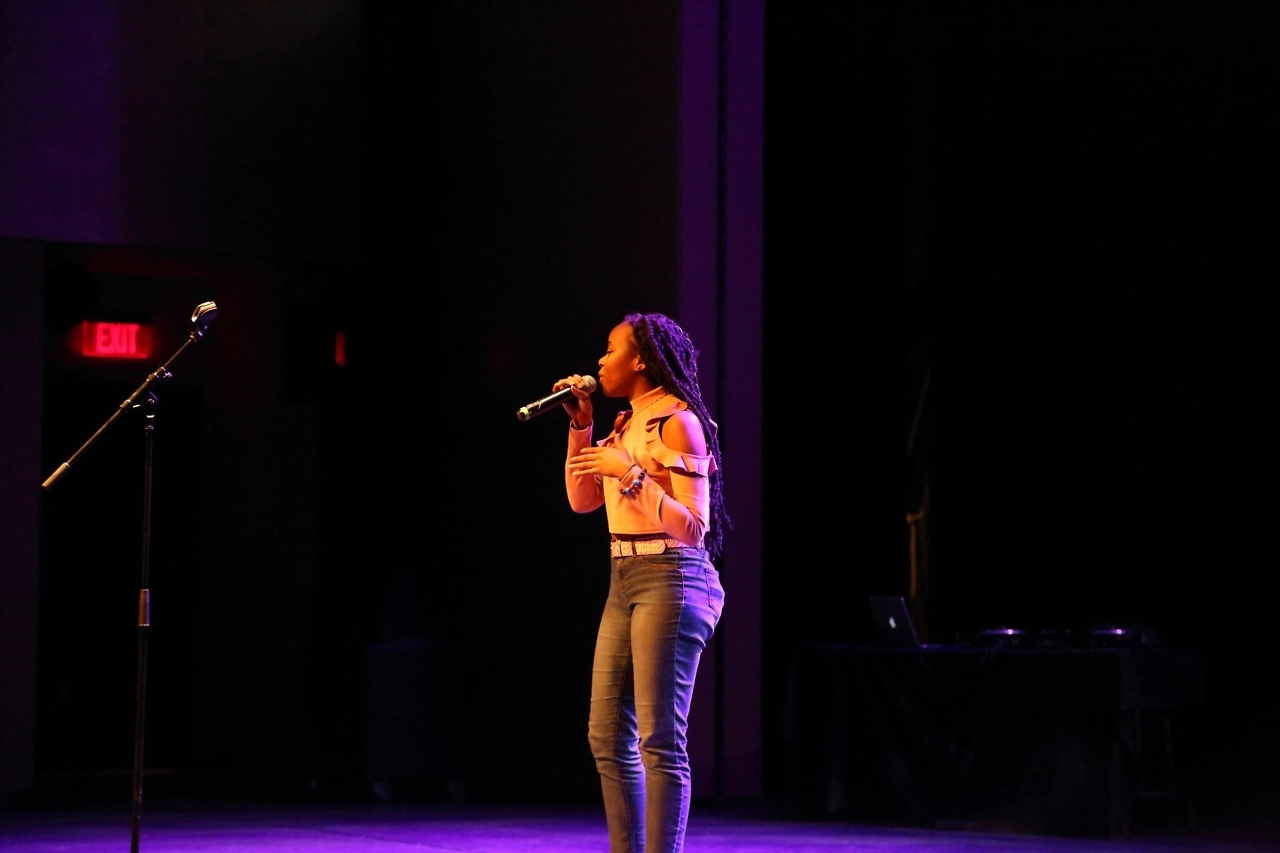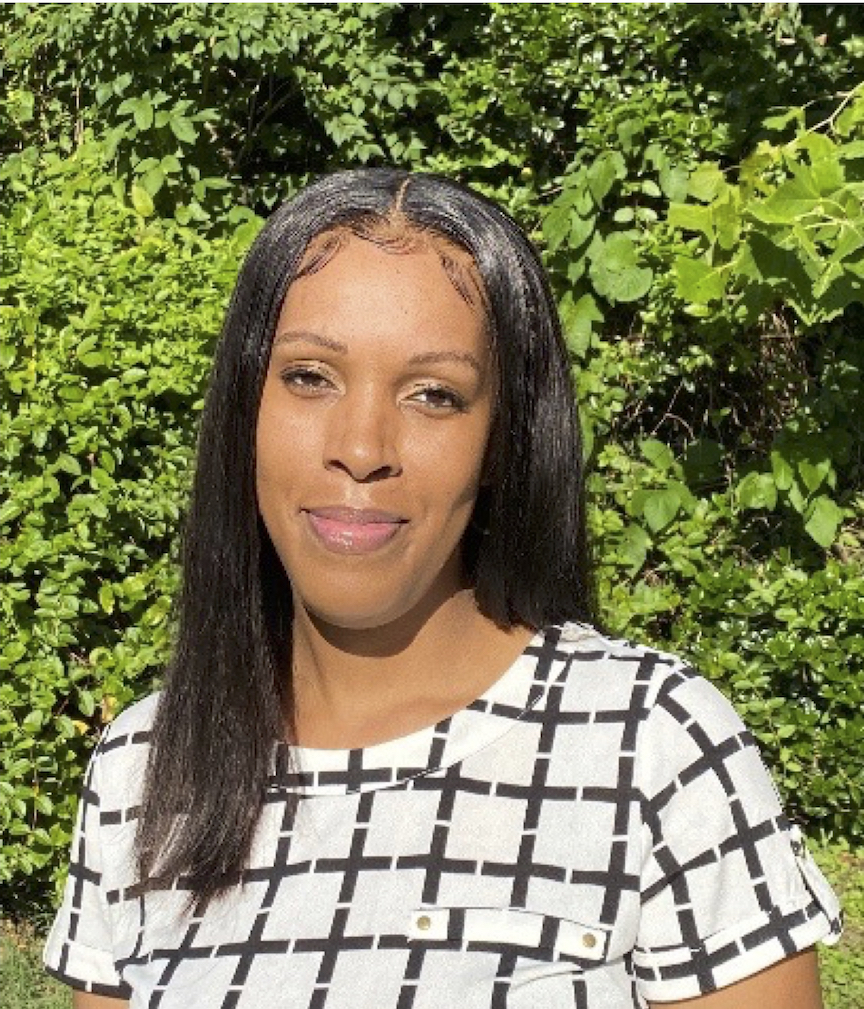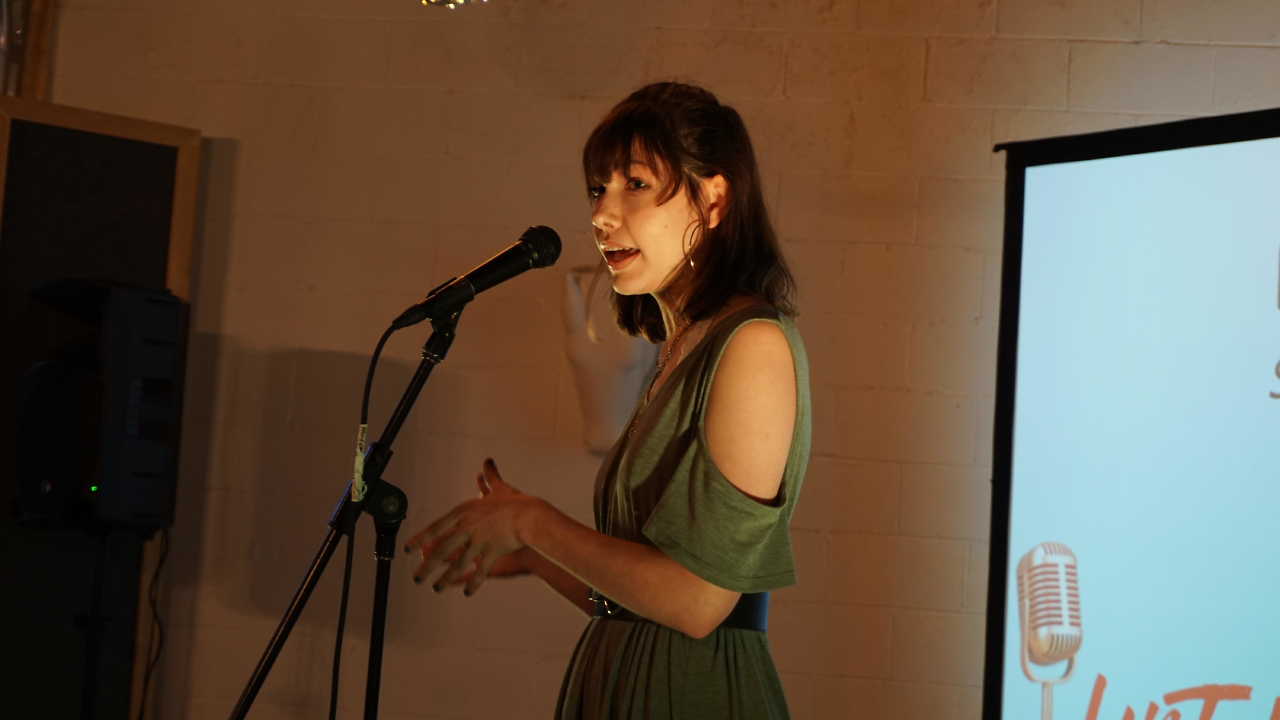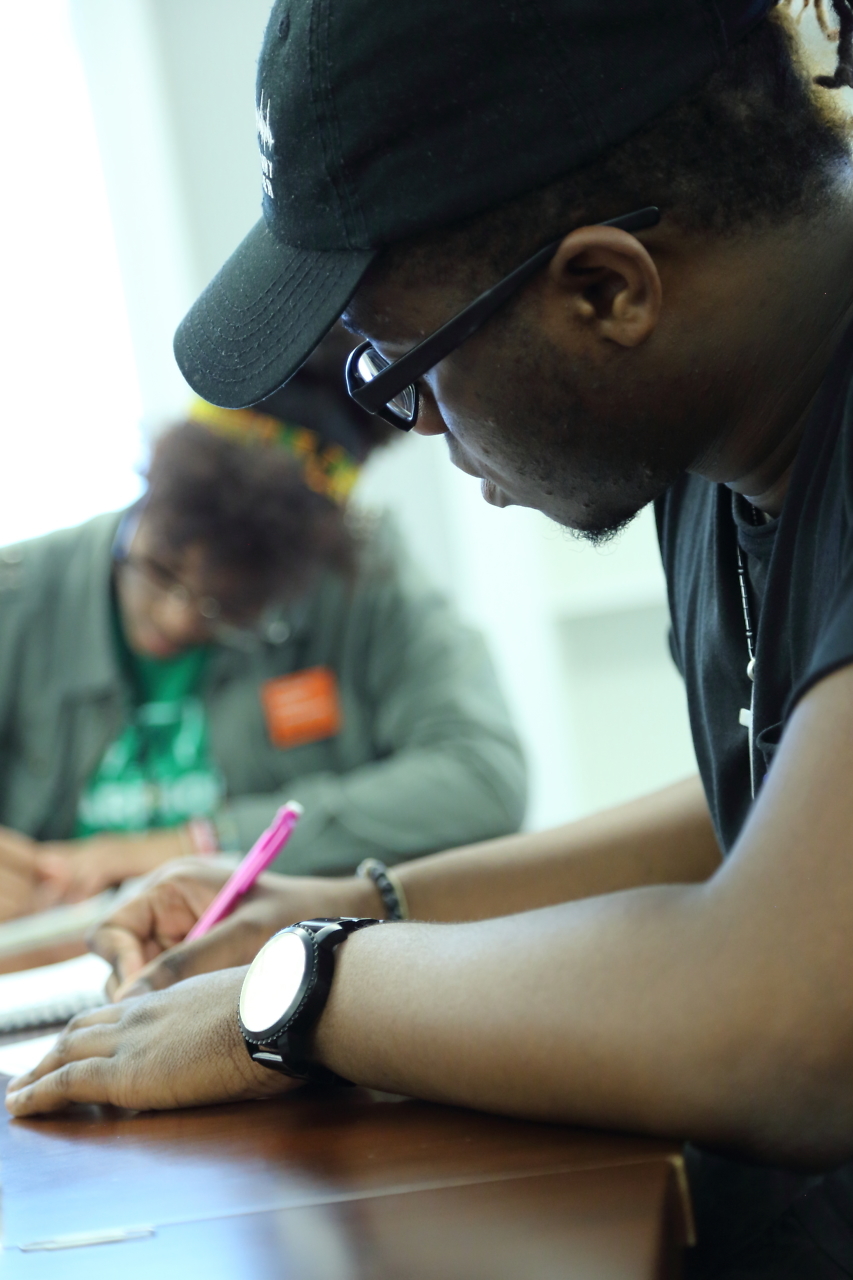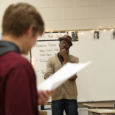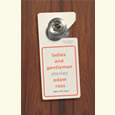Power in the Word
Southern Word connects young people to their voices, each other
Benjamin Smith doesn’t really believe in the extraordinary young person.
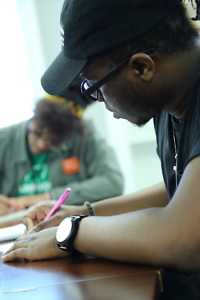
You might find this surprising when you know that Smith is the founder and director of Southern Word, a literary and performing arts organization for young people of Tennessee. Students and recent alumni of Southern Word have published books, produced music, given TEDx Talks, been featured on national broadcasts and in newspapers like The New York Times, and even received invitations from Michelle Obama to visit the White House for a student poetry celebration — all before they turned 20 years old. These don’t sound like your average everyday students.
But while they celebrate these accolades, Smith and others involved with Southern Word will be the first to tell you that these successful young people simply live into what most young people can achieve.
“Tons of youth have that capability,” says Smith. “When they’re identified as exceptional or gifted or talented, we’re led to believe that some one person gets the gift, and that’s not really our philosophy.”
Established in 2008, Southern Word builds community and educates through written and spoken word. They are the largest youth spoken word nonprofit in the Southeast, serving more than 6,000 young people from elementary to college ages in eight counties throughout the state. Their programs include writing and songwriting workshops, performance opportunities, music production, and writing mentor residencies where Southern Word partners an established writer to work regularly with students in schools. They host a visiting writer program that has helped Tennessee students meet award-winning authors like Kevin Young, Lorraine Lopez, and the late Randall Kenan. Southern Word, in partnership with other organizations, facilitates the Nashville Youth Poet Laureate program each year, as well.
Smith says the formula is simple, authentic, and works with proven success: Get students writing and learning to use their voices. “We really do need creative outlets for young people. It does save people’s lives because it’s an outlet they don’t have. We inspire people to write and connect writing to purpose.”
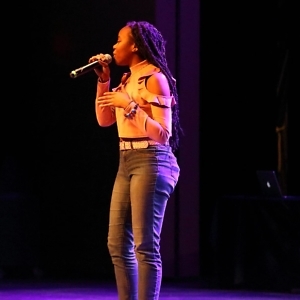
Being young can already feel isolating, frightening, and uncertain on any given day. Add a pandemic and heightened awareness of tumult in the world, and many students are, as they say, all in their feels. Southern Word mentors invite them to confront their feelings and give them the knowledge and confidence to write, speak, sing, or rap their emotions.
“There’s no limit to what you can talk about. There’s nothing that’s really forbidden. You can speak however you feel and [in] whatever format,” says Carmen Ridley, a recent graduate of Martin Luther King Jr. Academic Magnet High School in Nashville.
With most students operating remotely this year, Southern Word had to pause their gatherings and physical school visits. These pandemic woes, however, have not halted them. In fact, some schools partnering with Southern Word have experienced growth in the program since the pandemic.
“Students were showing up to Southern Word Club even when they weren’t logging into their classes. They were voluntarily giving their time because that’s what they needed,” says Amanda Dardy, a GEAR UP coordinator at Antioch Middle School.
In addition to their 10+ years of experience going into schools and nurturing honesty through writing, it also helps that the mentors are diverse writers from multiple and relatable backgrounds.
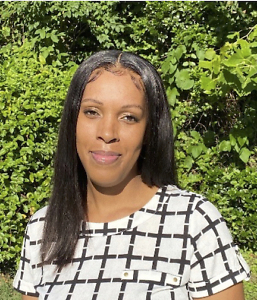
“I had reached my freshman year in high school before I had my first African American teacher. But with Southern Word, it was a bunch of people who look like me [as mentors]. There’s people from every walk of life,” says Ridley.
In fact, when organizations over the summer scrambled to confront their lack of diversity and pick up the mantle for antiracism, Southern Word carried on as they always do. Their staff, board of directors, and students represent a broad scope of humanity. They are intentional about compensating marginalized writers for their work, and their conversations have always been in the work of antiracism, says Smith.
Along with the power of personal expression and public speaking, students at Southern Word learn how to listen to one another, offer constructive feedback, and find other powerful voices for inspiration to read and study.
After attending a Southern Word showcase at the Nashville Public Library a couple of years ago, Dardy said her students were amazed by what they learned from hearing the poetry of students from other schools. Up until that point, they had listened only to each other’s writing.
“On the bus ride back, I listened to how surprised they were. They think they are alone in their part of the city, that things they go through here are so different from someone even just 20 miles away. But they aren’t.”
Southern Word serves students in public and private schools throughout the state. Dardy imagines a future where more students experience the strength of voice and empathy the program provides.
“It could really drive conversations,” she says. “Having their voices all connected to each other could inspire real change with local officials. They feel more seen but also more connected, and there’s power in that.”

Ciona Rouse is the author of the chapbook Vantablack (Third Man Books, 2017). Her poetry has appeared in Oxford American, NPR Music, The Account, Talking River, Gabby Journal, and other publications. She is poetry editor of Wordpeace. Along with poet Kendra DeColo, Rouse hosts the literary podcast Re\VERB.

